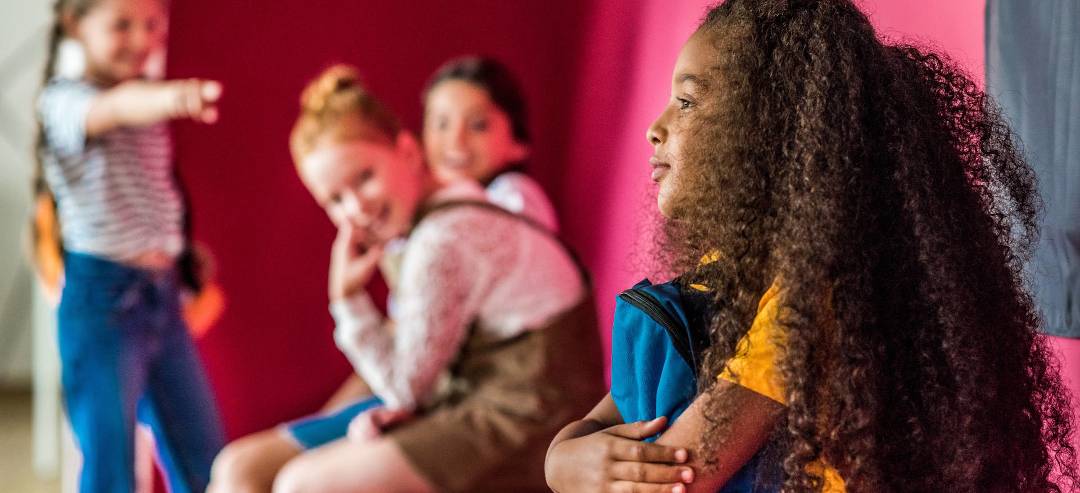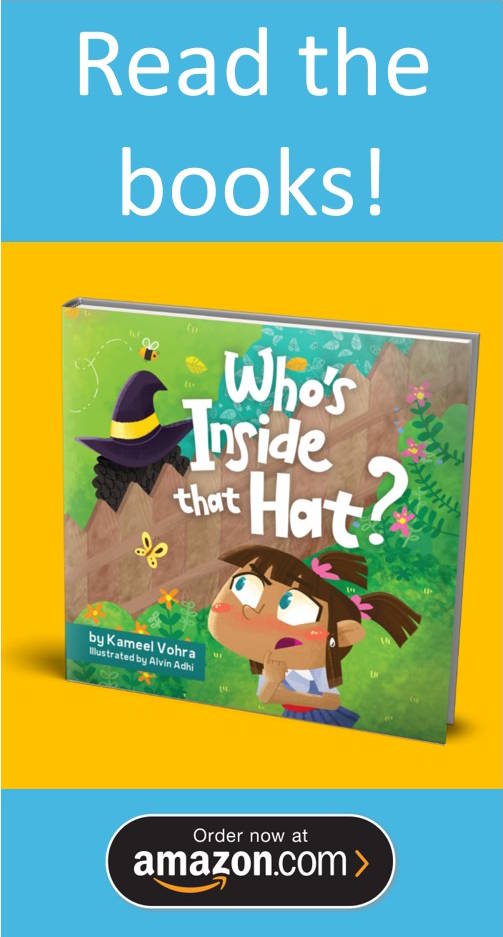When it comes to discussing issues surrounding racism with children, many adults tend to shy away from the conversation all together. These feel like tough conversations to have, but they need to happen. It’s important that we give each other the space to have these difficult conversations, to learn from our mistakes, and allow our experiences & learnings to trickle down to our children.
Children are aware of the differences that we all have from an early age. It is our responsibility to help them develop the language necessary to successfully navigate the complex conversations, and issues, that stem from the systemic racism that exists.
What is racism?
Racism is a complicated issue. The negative impacts of it can be seen all over the world, but what exactly is it? Racism is the systematic discrimination of a person based on the color of their skin. Fundamentally, racism is systematic issue. However, people can also experience racial prejudice on an individual level, overtly, indirectly and even casually.
When do kids start to recognize race differences in people?
Studies indicate that kids notice race differences as early as 3 months old. As they get older they form biases and stereotypes by age 6. It is important that these racial biases are addressed as early as possible. Parents can use age appropriate language to help ensure that their child understands what they are discussing. With mainstream media covering racism more frequently, it’s also likely that children will hear about the topic and have questions.
Why is it important to talk to kids about racism?
Openly discussing race and racism with our kids is a great way of normalizing conversations surrounding these topics. We are giving them the tools they will need to have difficult conversations. They can learn to ask questions, and to be curious about people who are different. As your kid grows, the conversations you have with them can become more complex and their understanding will deepen as well.
Talking about racism, and the lived experiences of other people, will also help your child develop empathy. By learning that other people experience different challenges because of their race, your child will better understand how they can be a part of the solution. They are more likely to speak up when they notice that someone is being treated unfairly. By speaking up, they are giving a voice to marginalized people and actively working to stop racists from perpetuating hate and violence – just like the example in the video below.
How to prepare yourself to discuss racism with your child
- Practice what you want to say – Conversations about race can get children asking questions about lots of different things. It is important to go into a discussion with your child prepared. You can practice what you want to say. By practicing what you would like to discuss with your children, you are better prepared to help them navigate their feelings about the topic.
- Read books that introduce the concepts – There are lots of age appropriate books on stereotypes, bias, and prejudice that gently introduce the concepts. Reading these with your children can help introduce the concepts in a manner children can relate to, making the discussions much easier.
- Check your own biases – We all have biases. It is important to be aware of what your biases are. You want to ensure that your biases do not affect how you approach a discussion with your child. Often, feelings can become intense when we feel that someone is challenging us, or holding us accountable for our opinions and viewpoints. By checking your biases, you can enter the conversation from a place of self-awareness.
- Talk about current events with your friends – If there is a current event that is triggering your need to discuss a topic of race with your child, it might be helpful to discuss with a close friend beforehand. Often, events that make the headlines are shocking and catch us off guard. In those instances, we may have underlying feelings that will eventually bubble up to the surface. It is best to get a handle of those feelings prior to discussing with your child.
- Model what you want to see in your children – Your child looks to you as their role model. If you want your child to celebrate diversity, you must also be a person who celebrates diversity.
Unicef has some great tips on talking to children of all ages about racism, that are worth reading!
How to encourage your kid to appreciate diversity
There are many ways you can teach your child to appreciate diversity:
- Give them toys that reflect the diversity of your community – When they are young, parents should provide their kids with dolls, and action figures, that reflect a variety of people. Children who grow up in homes where they are familiar with faces who look different than them tend to grow up to be tolerant of the differences of others out in the real world.
- Make books that celebrate diversity accessible in your home – Fill your home libraries with diverse stories. It is important to help your kid see that people of other races have diversity amongst themselves, and that we all have unique stories to tell. By allowing your kid to experience different cultures through books, you are providing a way for them to explore and reflect on the world. Their world view will expand and they will better appreciate their own culture as well as cultures of other people.
- Travel to different places – Traveling is a great way of exposing your child to diversity. They can see the different ways that people live. Traveling also allows your child to see the similarities amongst different cultures; understanding that we are all unique, but often share similar life desires, is fundamental to appreciating cultural differences.
- Introduce them to diverse people – If you are teaching your child the importance of diversity, it is important that your social lives also include a diverse group of people. The best way to model the responsibility we all have to improve racism issues in the world is to interact with and befriend a diverse group of people. If the spaces that you frequent lack diversity, it is an indicator that it is time to find a new, more diverse, space.
Talking to children about racism doesn’t need to be difficult and uncomfortable. Children need the adults in their lives to help them understand and navigate these situations. By having these conversations about racism, your child will become a more empathetic person. They will understand the importance of standing up for what is right and helping marginalized people. Our children are the future, their education is the foundation of equality for everyone.



